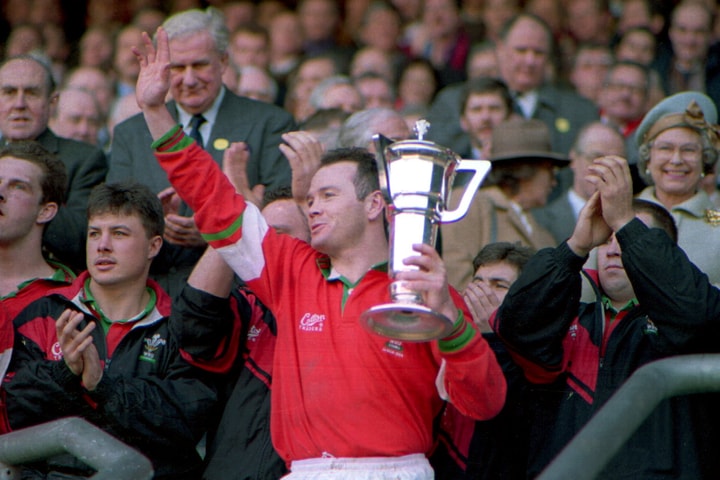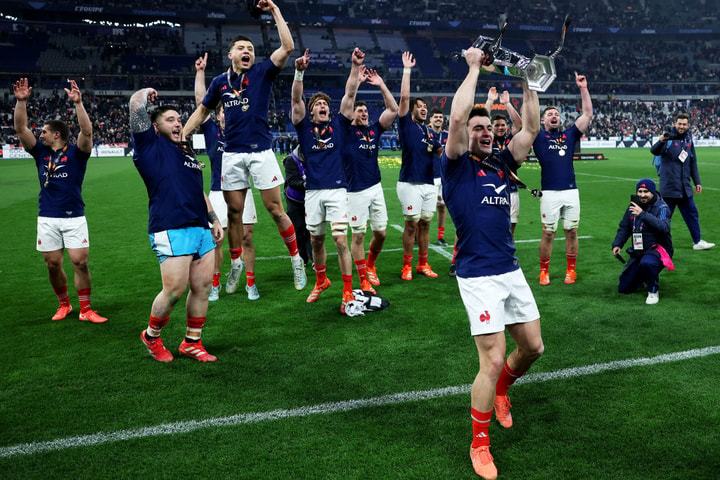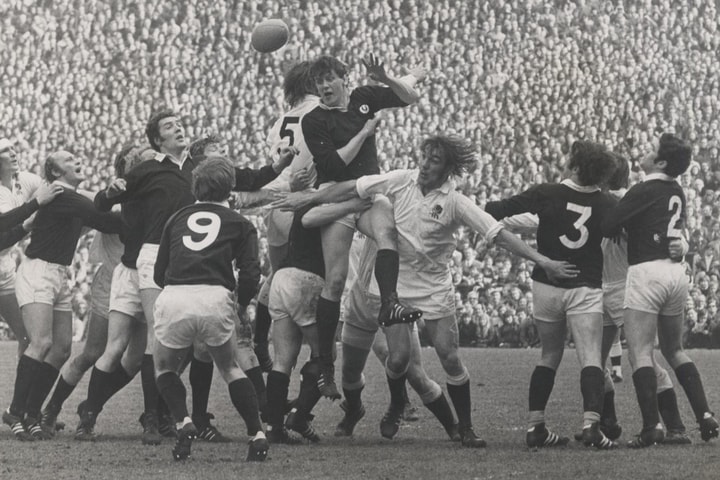Few rugby lovers would argue that the contribution of players of Pacific Island heritage to the development of the game over the last fifty years has been exceptional. And yet not since 1986 has a tour been undertaken by one of the major countries which has included full test matches for which players have been awarded caps in each of the three principal rugby-playing countries in that region - Fiji, Tonga and Samoa.
With professionalism still almost ten years away and the first World Cup due to be played the following year in 1987, summer tours were still comparatively rare. The players were amateurs and were required to take time off work to play for their country so summer tours tended to be short in duration.
The fortunes of Welsh rugby fluctuated throughout the 1980s and Wales had suffered from the departure of numerous players to rugby league, but there were still some players such as the half back pair of Jonathan Davies and Robert Jones who emerged on the international stage as world class players in the middle of the decade. In the 1986 International Championship Wales finished in mid-table. They beat Scotland at home and Ireland in Dublin but suffered a narrow 21-18 defeat to England at Twickenham courtesy of a Rob Andrew drop goal in injury time and an emphatic 23-15 home defeat in which a vintage French backline scored four tries to none.
In the summer of 1986 the Welsh Rugby Union initially wished to tour Australia and New Zealand. When those countries declined to offer an invitation, they chose to send a touring party of 25 players under the captaincy of Llanelli wing forward David Pickering to the south seas to play six matches in Fiji, Tonga and Western Samoa. Controversially the WRU decided to award full caps to those who played in the three internationals, a decision that did not meet with unanimous approval.
With the benefit of hindsight given the opposition, the touring schedule was punishing with six matches in just over three weeks. The tour began in Fiji on May 24th with a 19-14 win over Western Province in Lautoka which was followed by the only defeat of the tour on May 27th when, with most of the expected test team rested, the Welsh XV was overpowered by Eastern Province









